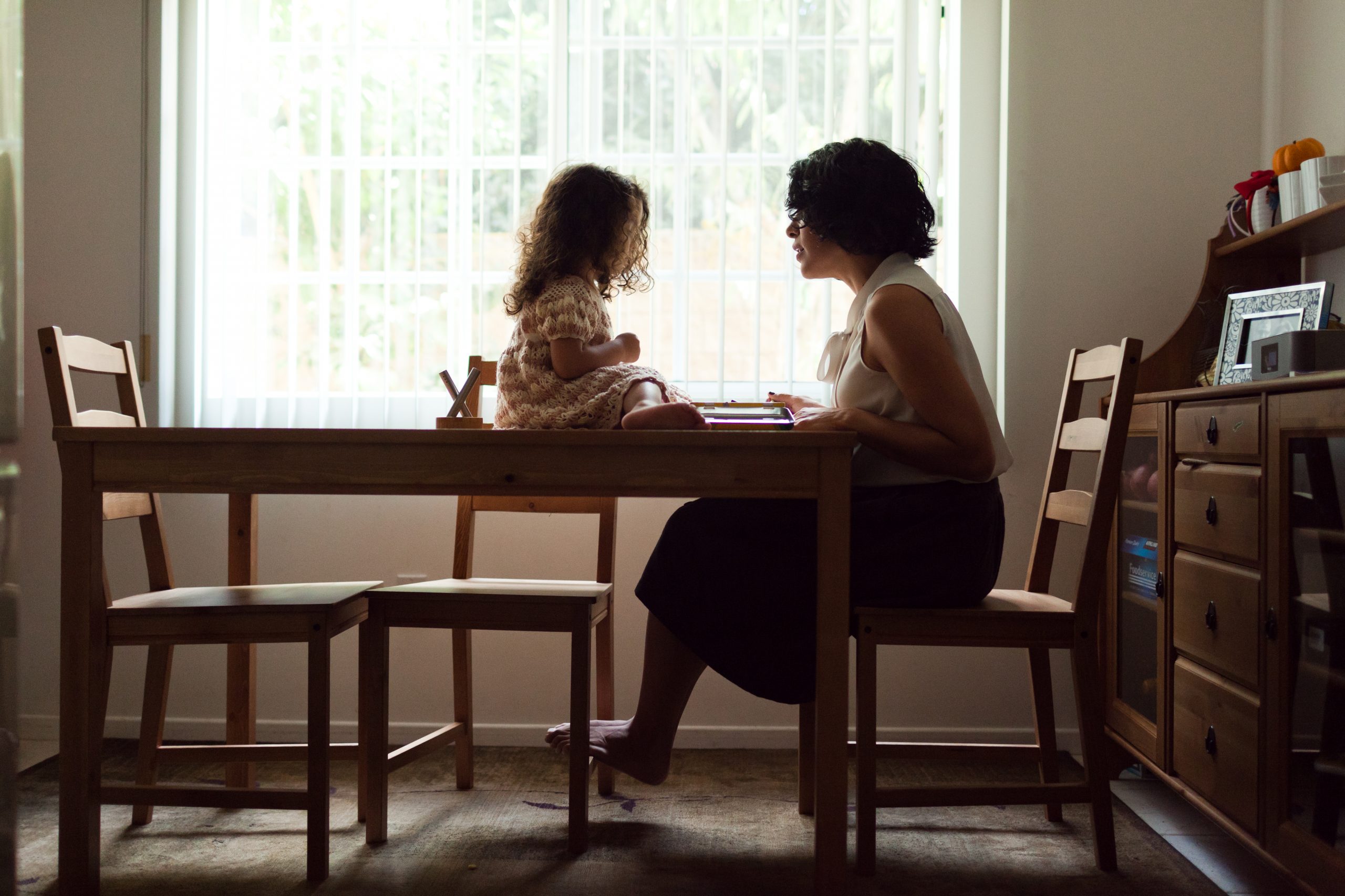Conscious Parenting
Let’s embrace both our shadows and light so that we can start parenting as our full, perfectly imperfect, selves.

How did we get here?
Everywhere we look we are flooded with messages that describe “good parents” as those that can best control their children. To achieve this, parents discipline in a way that sends an unintened message. We end up teaching children to hide their feelings, suppress their inner knowing, and that who they are is not good enough. It takes courage to question these parenting practices because WE are still afraid to be our real selves and desperately want to be seen as a “good parent.”
A different way.
Conscious parenting offers us a new way forward. Let’s start by dropping other people’s definition of what a “good parent” is and instead start connecting to our inner compass for confirmation. Let’s start shining a light on our wounds so that we can start showing up in life as our true selves. And let’s break some generational cycles of pain and instead choose to pass on a legacy of worthiness.

We can pass on healing and wholeness instead of limiting beliefs and pain.
What is the Conscious Parenting Approach?
The Conscious Parenting approach is based on the work of Clinical Psychologist Dr. Shefali. This method moves families from traditional parenting practices to an approach centered on parents doing their inner work.
This method is not about teaching parents tips and tricks to get their child to do what they want them to do. This approach is about helping parents align their intentions for their family, with their daily actions and create lasting change. Disciplinary choices are made with clarity, purpose and respect for our child.
Parents who are drawn to conscious parenting understand that they have childhood wounds that have yet to be healed and the relationship with our child becomes a portal for personal evolution.
This paradigm shift becomes the vehicle for parents to raise children who are deeply connected with their parents, but more importantly, who are deeply connected with themselves.